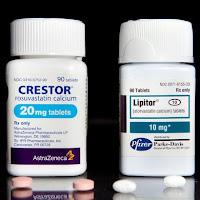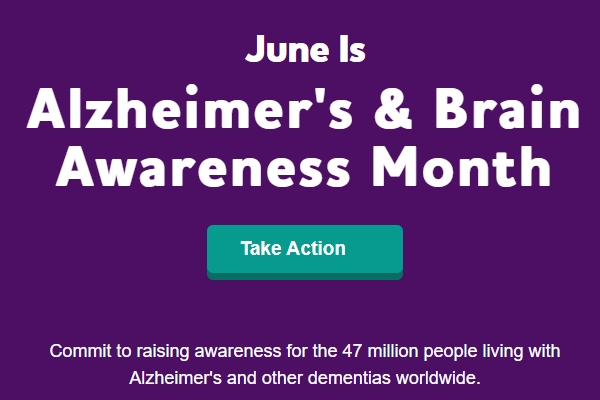
Links Found Between Viruses and Alzheimer’s Risk
Researchers have found links between certain viral illnesses — like the flu — and the risk of Alzheimer’s. Learn more.

Researchers have found links between certain viral illnesses — like the flu — and the risk of Alzheimer’s. Learn more.

Statins certainly seem to lower the risk of Alzheimer’s. On the other hand, they can sometimes cause temporary memory loss, which does go away if one stops the statins. Find out what you need to know to strike the right balance.

Fat, middle aged people are 3.6 times as likely to develop memory loss and dementia. See the research that reveals why.

Patients are leaving ICUs (Intensive Care Units) with deficits similar to mild Alzheimer’s disease that persist for a year. See the research and learn about the risks.

IDPs, a form of antioxidant contained in meat, are effective in relieving fatigue and preventing dementia. Learn more.

Striking out or shouting while asleep, called RBD, may be a very early warning of Lewy Body dementia. Learn what to look for and what to do about it.

Falls are a preventable threat to the independence and health of those living with dementia. Arm yourself with the following fall prevention tips. Learn how you can reduce the risk of falls.

Estrogen showed a protective effect in women carrying the ApoE4 gene. ApoE4 puts people at substantially increased risk for Alzheimer’s. Learn when and how estrogen may protect you.

How many years does the pollution in your area add to the “age” of your brain?

Older adults who took a daily multivitamin showed higher scores in global cognition, memory and executive function, researchers found.

DIET: MAGNESIUM appears to do a lot to maintain brain health, prevent cognitive impairment (CI), and fight Alzheimer’s. Learn how.

June is Alzheimer’s & Brain Awareness Month. Take care of your brain. Find out how.

[Father’s Day is June 15]
POWERFUL, MEANINGFUL, WONDERFUL VIDEO – A son, his father with dementia and the incredible power of love.

SHORT-TERM MEMORY lapses are obvious signs of Alzheimer’s, but other tell-tale signals begin to show much earlier. Learn how to look for semantic impairments, such as simple questions about size.

Three important dementia studies focus on HS-AGING, a type of dementia almost as common as Alzheimer’s in the 85+ group. Yet few people have heard of it. Why? What makes it different?

An intriguing study of 120 grandmothers might surprise you. Doctors know socially engaged people have better cognition and less dementia. But can a person get too much of a good thing? What’s the right balance?

Enjoy this great duet between a musician with dementia and his son. A triumph of spirit over Alzheimer’s! Sing-a-long if you like!
No spam, only news and updates.


